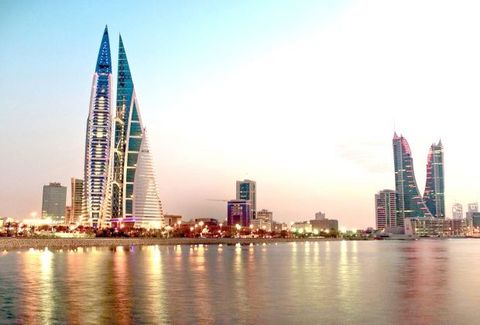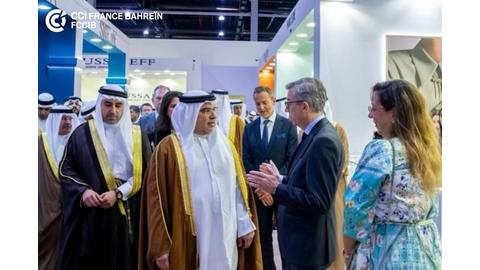Bahrain’s outlook is stable says S&P

Bahrain has been given a stable outlook by S&P Ratings which expects the government will implement measures to reduce the budget deficit and benefit from additional support from other GCC sovereigns, if needed.
The US-based firm notes that the kingdom’s budget deficit narrowed to 6.8 per cent of GDP in 2021, compared with 12.8pc in 2020, on higher oil receipts, current expenditure restraint, and a relative normalisation of economic activity.
Preliminary fiscal data for first-quarter 2022 suggest the government posted a balanced budget position underpinned by favourable hydrocarbon prices and strengthened non-oil tax revenue following the doubling of the VAT rate on January 1, 2022 to 10pc from 5pc.
S&P expects the increase in VAT could contribute receipts of about 3.3pc of GDP over the medium term, up from about 1.6pc in 2021.
The Bahraini government updated and extended its Fiscal Balance Programme in October 2021, changing the target date for a balanced budget to 2024 from 2022 (assuming oil prices of $60 per barrel).
Aside from the VAT hike in 2022, the government aims to further increase non-oil revenue by raising fees and budget contributions from government-related entities (GREs) and adding charges to government services from 2023.
On the expenditure front, although there are no major initiatives planned for 2022, the government plans to significantly reduce spending by rationalising government operating expenditure, reducing manpower expenses, rationalising social subsidies, and cutting capex over 2023-2024.
This contrasts with the previous plan, where the onus of fiscal consolidation was on raising non-oil revenue, after expenditure-reducing measures in 2019.
S&P sees that the government’s continued commitment to fiscal reform, combined with robust hydrocarbon prices, will contribute to a further narrowing of the budget deficit to 1.3pc of GDP over 2022-2023.
Beyond this, it forecasts the deficit will widen to 4.3pc over 2024-2025 as oil receipts, the largest component of government revenue, decline on our assumption of falling oil prices.
It notes that the recent passing of the VAT law represents a positive shift to a more balanced fiscal consolidation plan
Bahrain’s economy remains in a net external asset position despite running sizeable current account deficits over 2015-2020.
S&P estimates that liquid external assets will exceed gross external debt by, on average, 50pc of current account payments over 2022-2025.
Source: https://www.gdnonline.com/Details/1103982


